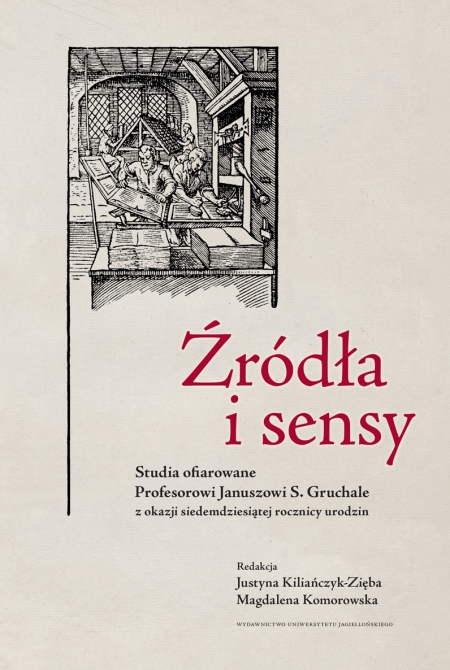
Stosunki turecko-amerykańskie i turecko-sowieckie w latach 1945-1952
Pages: 566
Book format: 15,8x23,5 cm
Publication date: 2023
Publication date: 30.11.2023
E-book publication date: 12.12.2023
Book description
Turkey declared war on the Axis states on February 23, 1945, when it already knew that the Third Reich had lost the war and that continued neutrality would remove it from the ranks of the founding states of the United Nations. The Turkish policy of neutrality discouraged the Allies, who, after the war ended, were unwilling to support Turkish interests in the face of Soviet claims to the Black Sea straits of the Bosphorus and Dardanelles and the disputed provinces of Karsh, Ardahan, and Artvin. The situation changed only when British and then American interests in the Middle East were threatened, and, at the same time, the world was moving toward a Cold War conflict.
When examining Turkey's domestic and foreign policy after the end of World War II and at the beginning of the Cold War, the interplay between US-Turkish and Soviet-Turkish relations is very often overlooked, and only by analyzing them as a whole can one see the complicated position of Turkey and the challenges and threats it faced. The author looks at the issue holistically and dispels popular myths about Turkey's pro-Western stance after the war, the discontinuation of the balancing policy familiar from World War II, and the substantial amount of American aid.
When examining Turkey's domestic and foreign policy after the end of World War II and at the beginning of the Cold War, the interplay between US-Turkish and Soviet-Turkish relations is very often overlooked, and only by analyzing them as a whole can one see the complicated position of Turkey and the challenges and threats it faced. The author looks at the issue holistically and dispels popular myths about Turkey's pro-Western stance after the war, the discontinuation of the balancing policy familiar from World War II, and the substantial amount of American aid.
Language
Polish
Title in English
Turkish-American and Turkish-Soviet relations from 1945 to 1952
Edition
first
Authors
Karolina Wanda Olszowska

Cover design
Marta Jaszczuk
ISBN: 978-83-233-5289-1
e-ISBN (pdf): 978-83-233-7489-3
Country of producer: Poland
RECOMMENDED BOOKS
NEW BOOKS

Stosunki turecko-amerykańskie i turecko-sowieckie w latach 1945-1952
Choose chapters to buy:
Order value:
0.00 zł























